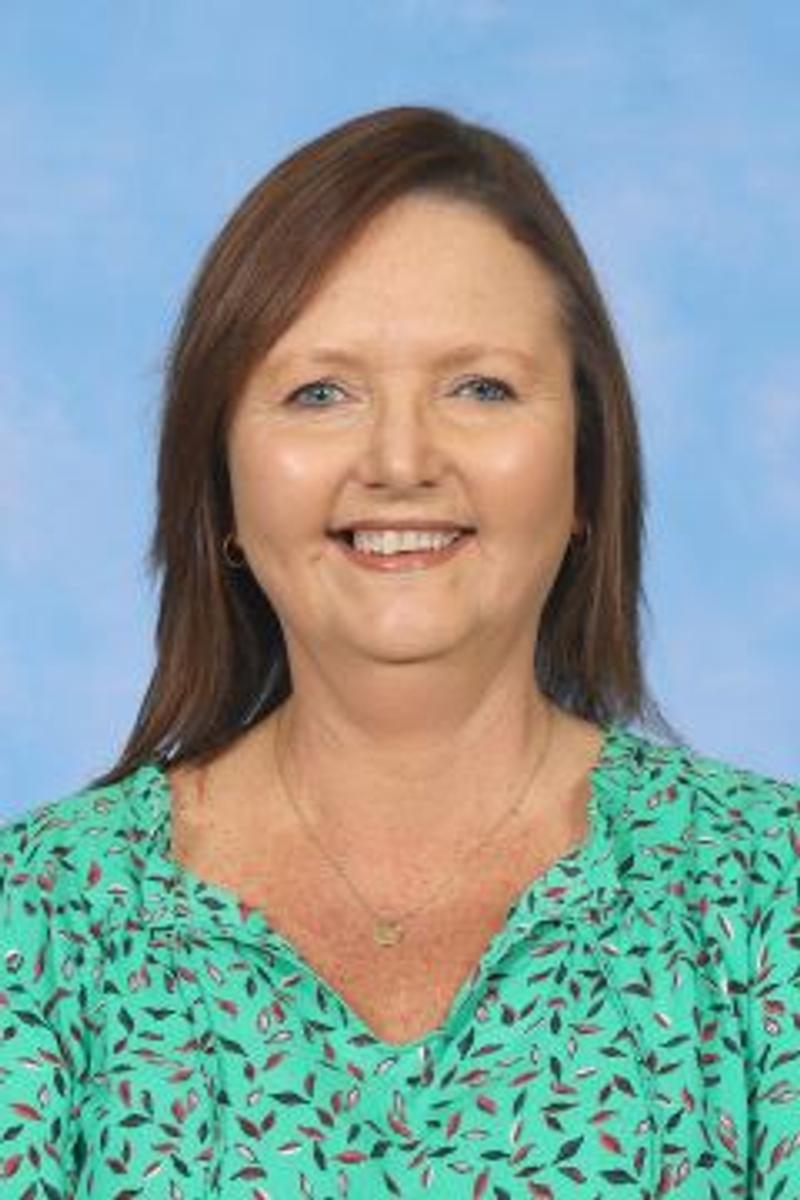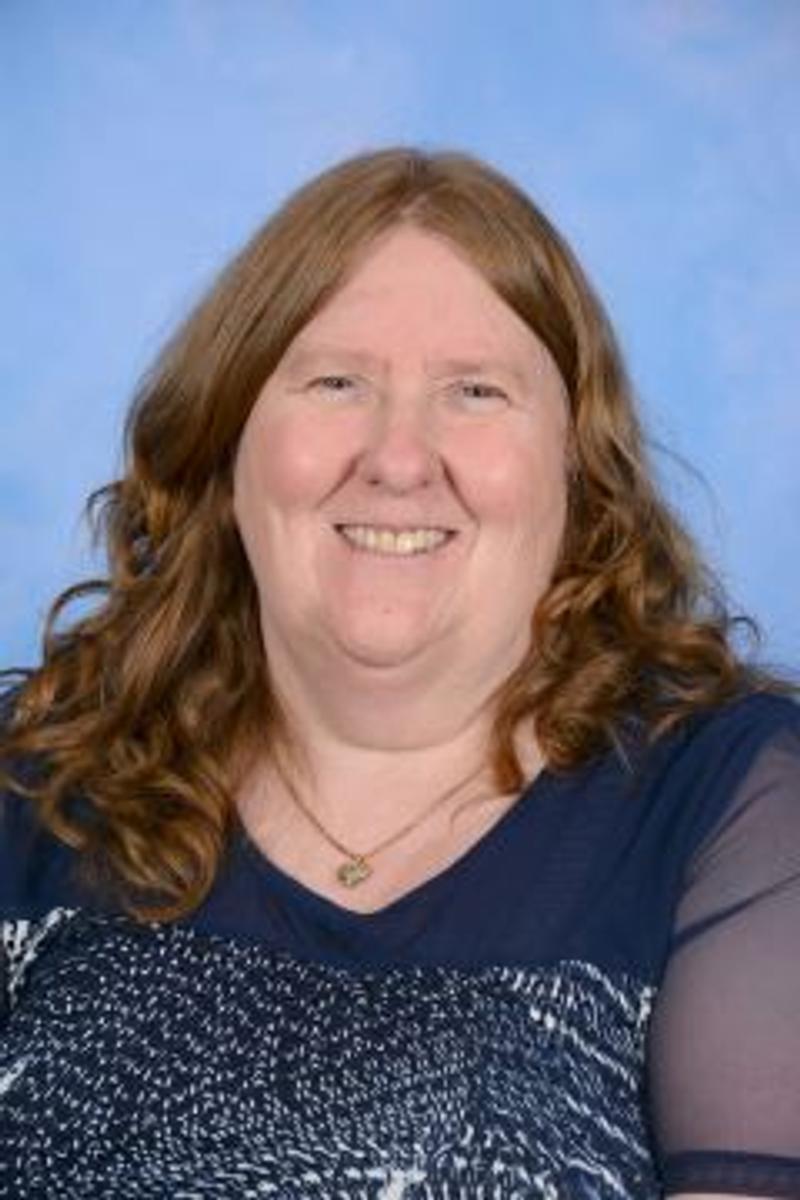Curriculum News Year 2
Term 1, 2024

Curriculum News Year 2
Term 1, 2024
The Year 2 children have settled in beautifully to their new learning environment and have made a great start to the school year. The teachers and students have enjoyed getting to know each other and have learnt a lot already about how our feelings and emotions influence the way we communicate with each other.
We are all excited to continue learning about Gratitude, Empathy and Mindfulness in the classroom though out the year.
HOW WE EXPRESS OURSELVES
Communication is influenced by feelings and emotions.
Lines of inquiry:
During this unit the students investigate their emotions with the help of the Inside Out characters. They also learn why they feel the way they do and how they can regulate their emotions.
The Daily 5
The students have been introduced to the Daily 5 for Literacy. These are Read to Self, Read to Someone, Listen to Reading, Work on Writing and Work on Words. We have discussed the expectations for each of these skills, as they are to be practised daily in our classrooms. The students practised these and made a poster about each, with their photos attached. They had fun watching the teachers demonstrate what not to do!
Home Reading is encouraged each night. Students are required to bring their green “Take Home Reading” bag to school each day to change their Take Home Book as required (we are aware some books require more than one night of reading). Students will participate in Guided Reading sessions in the classroom as well as individual reading with their teacher regularly.
Students will be exposed to the qualities which make for good writing through the 6 + 1 Writing Traits.
These are:
Our Writing sessions this term will focus on letter writing including how to set out a letter and the types of information to include.
Grammar
Students will revise capital letters and full stops and learn that all proper nouns require capital letters and the pronoun ‘I’.
Spelling
Students will continue with the SMART Spelling approach and have 5 words to learn each week based on a Spelling focus and two BOB words. (words they have misspelt in their personal writing) SMART Spelling is based around whole words with an emphasis on meaning and vocabulary development.
Students must be able to read their spelling words, understand what they mean and how to use them. Students will be introduced to the new spelling focus on a Monday and will choose their words for the week, which they will bring home in their ‘Home Spelling’ Book.
Please assist your child with learning these spelling words. Throughout the week these words will be learnt daily through a variety of Word Work activities, with a test and dictation taking place on a Friday morning.
This term we are focusing on listening carefully with respect when teachers and other students are speaking.
The Daily 3 for Numeracy
The students have also been introduced to the Daily 3 in Numeracy, which are: Maths on my Own, Maths with Someone and Writing about Maths.
These skills should be undertaken on a daily basis. The teachers modelled positive and negative behaviours for each of the Daily 3 and what is expected during these times. The students enjoyed selecting activities and games to practise their maths skills. They also completed a poster.
Number Fluency
Prior to commencing our Maths lessons, the students have been practising their maths fluency and number facts by engaging in a variety of activities where they are required to share their reasoning and strategies.
Number
During the term the students will be concentrating on developing a firm understanding of place value to the thousands. We will look at the positional value of each number, write it in extended notation and use a number expander to break down given numbers. The students will use hands on manipulatives to assist with this.
Measurement
The students will be exploring reading, writing and telling the time to half past, quarter past and quarter to on both an analogue and digital clock. We will be looking at special events/days, seasons, months of the year and how many days are in each month. The students will learn to locate specific days and dates on a calendar.
Manga High
In Year 2 we will be using Mangahigh to help children develop their mathematical understanding/knowledge through a variety of lessons on concepts, incorporating the use of maths videos/ activities and games.
In class, students will be set tasks related to the current math concept and these can be accessed up at home.
Zones of Regulation
The Zones of Regulation is a systematic framework that helps children, understand and manage their emotions. It categorizes emotions and states of alertness into four color-coded zones:
By fostering emotional awareness, teaching self-regulation strategies, creating a Zones-friendly environment, and using visual supports, we empower children with essential skills for emotional well-being and self-control.
For our Resilience Project learning, the students have been focusing on Emotional Literacy. As part of our 'Inside Out' focus, we have been discussing various emotions, events that make us feel this way, what happens in our body and things we can do to manage big feelings.
February: Caring
March: Risk-taker
Curriculum Day – March 8
Labour Day - Monday 11
School Photos – March 12
School Fete – March 23
Last Day of Term 1 - Thursday 28 March 2.30pm









